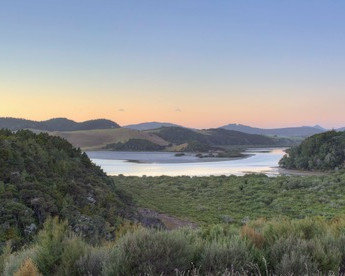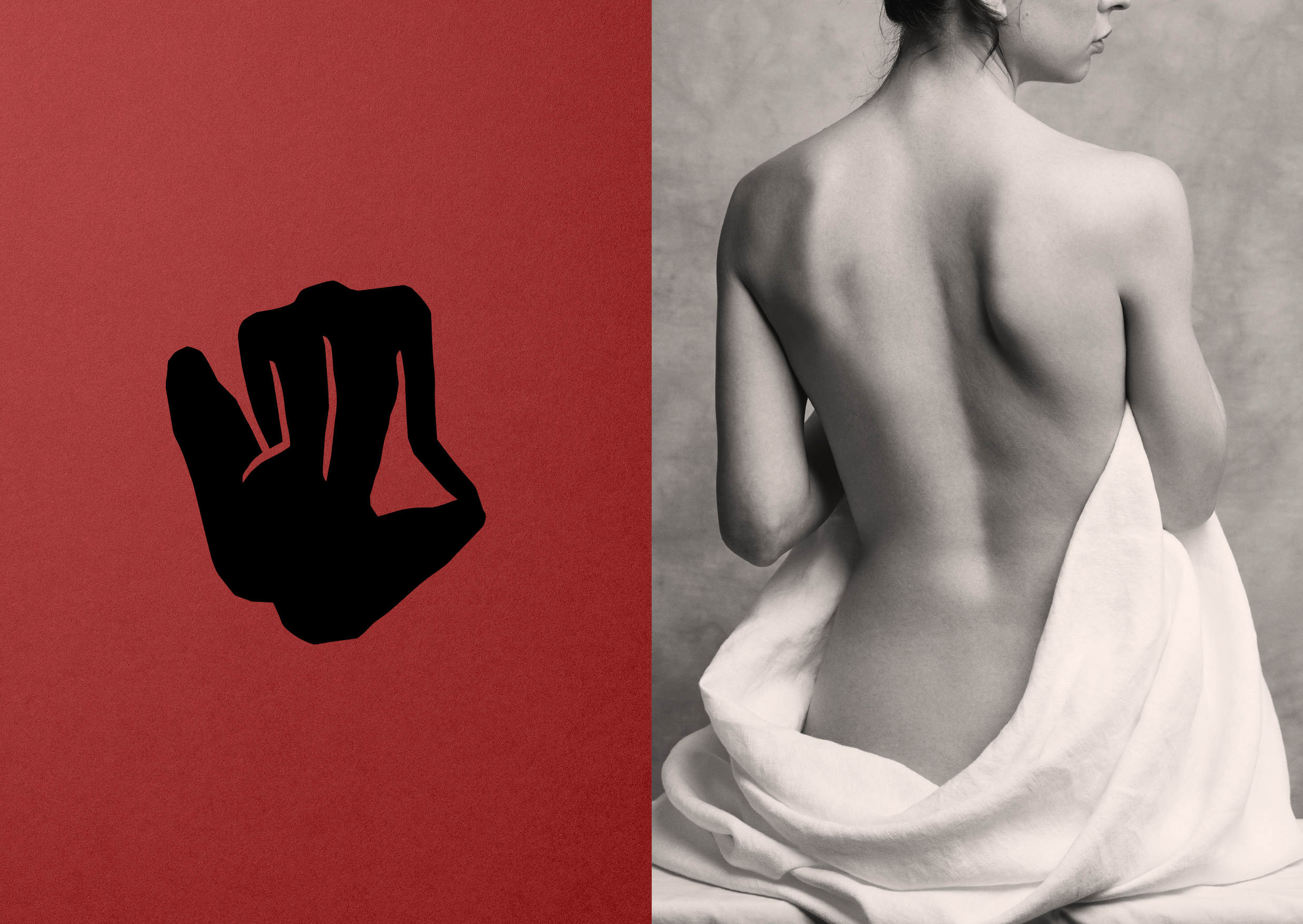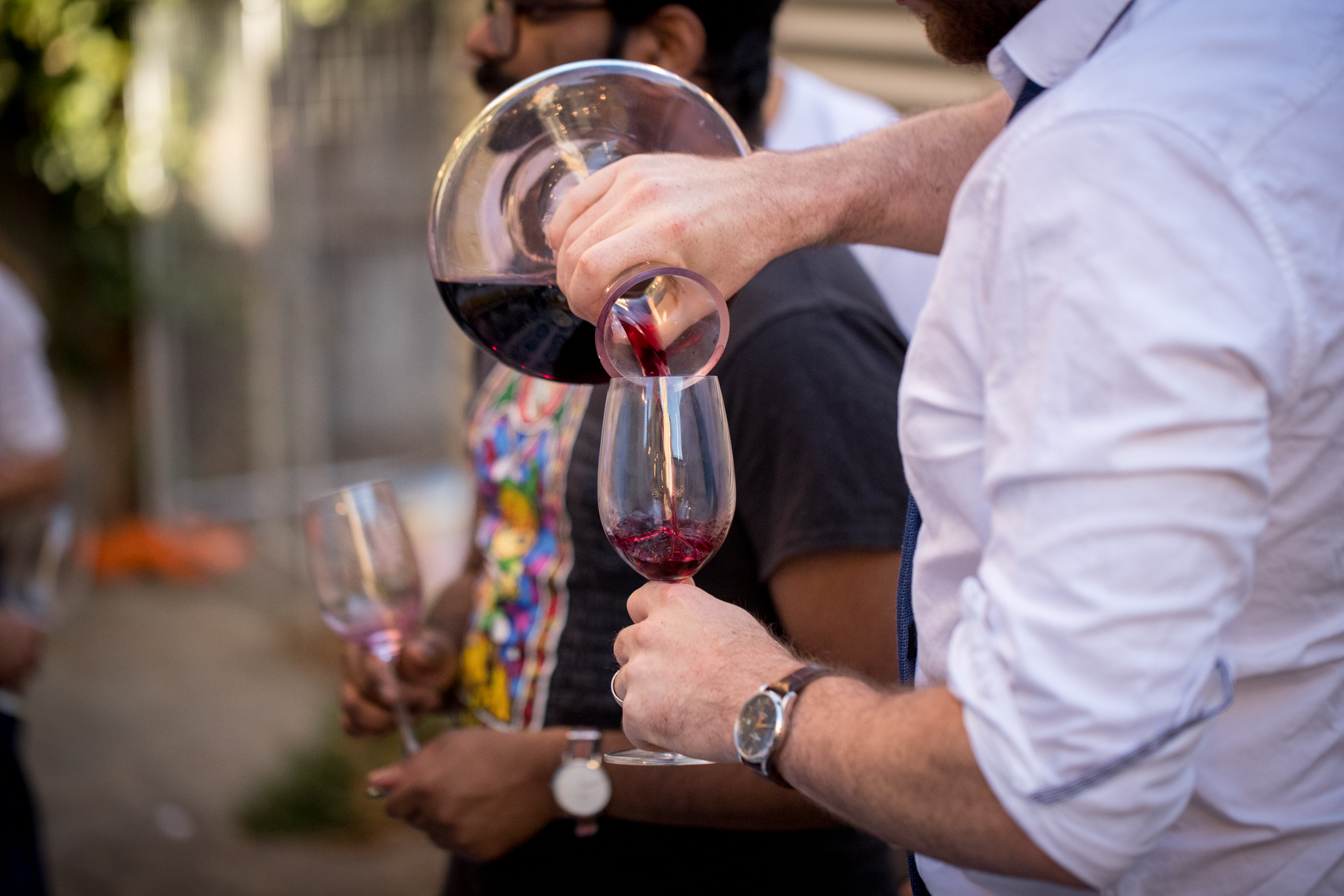Tahi is the big winner at the Sustainable Business Awards, first winning the Restoring Nature category and then trumping three other finalists to win the supreme award, Transforming New Zealand.
Tahi has not only built a successful business, it has built a legacy by restoring a neglected 780 acre farm into a conservation retreat in Northland, where native wildlife once again flourishes. Tahi has two income streams, one from a thriving global manuka honey business and the other from its tourism business – an eco-retreat. 100% of Tahi profits are reinvested back into conservation and the community.
Located at Pataua North, the restoration project began in 2004, when Tahi founder, Suzan Craig, purchased a beautiful, remote, run-down cattle farm and set about returning the land to nature. Fast forward to 2020 and Tahi has restored nearly 30 hectares of wetlands, planted over 349,000 native trees, and created a thriving honey and eco-retreat business.
Native birds have returned, with 71 species spotted on the land, 22 of which are rare or endangered. The populations of native fish, lizards and insects have dramatically improved, pointing to signs of a healthy, happy ecosystem.
Rachel Brown ONZM is CEO of the Sustainable Business Network. She says: “Covid-19 has thrown ‘business as usual’ up into the air and shown us which businesses, particularly smaller ones, have resiliency built into their business models. It has highlighted and heightened inequalities within our communities. And it has reminded us that addressing issues like climate, waste, water, biodiversity, and creating good jobs is an essential part of the way we do business now.
“We have been seriously impressed with the extremely high calibre of entrants to our Awards this year. For our finalists, the sustainability agenda has become critical for long-term success. They demonstrate how businesses can thrive while also positively impacting both people and nature.
“Our supreme winner, Tahi, is an example of this in practice. It is a living example of transformation, rejuvenation and commitment to long-term regenerative business. It is a great local business actively supporting its local community and creating employment there.”
The judges said Tahi was a highly worthy winner with its stunningly different business model that is an exemplar for a sustainable future. It is biodiversity-positive, carbon-positive, and people-positive. Over its 16 year life, Tahi has demonstrated that biodiversity can be a source of value and livelihood, rather than a sink for funds.
Steve West won the highly anticipated Sustainability Superstar award. Steve founded ChargeNet, the largest privately-owned, fast charging network for electric vehicles (EVs) in the Southern Hemisphere. It has become a catalyst for accelerating the growth of EVs in New Zealand. His investment into the nationwide network of fast charging stations has provided the motor vehicle industry’s confidence to import many more EVs and Steve spends a lot of his time motivating drivers to buy them.
The Change Maker category was won by 24 year old Francesca Goodman-Smith who has carved a pathway as one of New Zealand’s leaders in food waste minimisation. She has devised and implemented an award-winning waste minimisation programme in 130 Foodstuffs stores.

Francesca Goodman-SmithOther winners on the night included the other three supreme finalists; Carbon Click, winning Climate Action Innovator award. Predator Free Wellington, winning Communicating for Impact award and Sustainable Coastlines, winning the Tech for Good award.
Meridian’s GM Corporate Affairs and Sustainability Claire Shaw said: “We’re delighted that as Awards partner we get to share our support and pride in innovative New Zealanders making a difference for Aotearoa.
“Congratulations to all the finalists and the winners at the Sustainable Business Awards this year. We were thrilled to celebrate simultaneously across Aotearoa as organisations of so many sectors recognised the impact and importance of sustainability for New Zealand’s future.”







